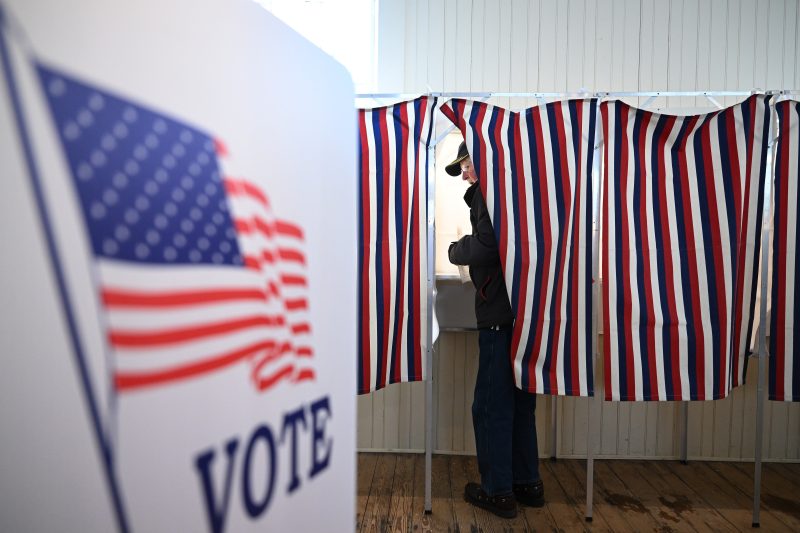In recent years, the National Popular Vote plan has emerged as a response to the shortcomings of the Electoral College in the United States. The Electoral College, a system established by the Founding Fathers in the Constitution, has faced criticism for being undemocratic and prone to potential manipulation. As a result, proponents of the National Popular Vote plan have advocated for a new approach to presidential elections that would prioritize the popular vote over the Electoral College.
One of the key challenges facing the National Popular Vote plan is the resistance it has encountered from defenders of the current electoral system. Critics argue that the Electoral College is a vital component of the American political system, designed to protect the interests of smaller states and prevent the tyranny of the majority. They contend that abolishing the Electoral College in favor of a national popular vote would undermine these principles and put the country at risk of mob rule.
Another obstacle facing the National Popular Vote plan is the complexity of its implementation. In order for the plan to take effect, enough states representing a majority of the Electoral College votes must agree to allocate their electors to the winner of the national popular vote. This requires a coordinated effort among state legislatures, which can be challenging to achieve given the partisan divide on the issue.
Despite these challenges, supporters of the National Popular Vote plan argue that it is crucial for ensuring the legitimacy and fairness of presidential elections. They point to instances where the candidate who won the national popular vote ultimately lost the presidency, as was the case in the 2000 and 2016 elections. Proponents contend that the current electoral system disenfranchises voters in non-swing states and distorts the outcome of elections, highlighting the need for reform.
In conclusion, the National Popular Vote plan presents a compelling alternative to the Electoral College, aiming to address its perceived flaws and enhance the democratic process. While the plan faces significant challenges in terms of opposition and implementation, its proponents remain steadfast in their belief that it is a necessary step towards a more equitable and representative electoral system. As the debate over the future of presidential elections continues, the National Popular Vote plan will likely remain a central point of contention and discussion for years to come.
